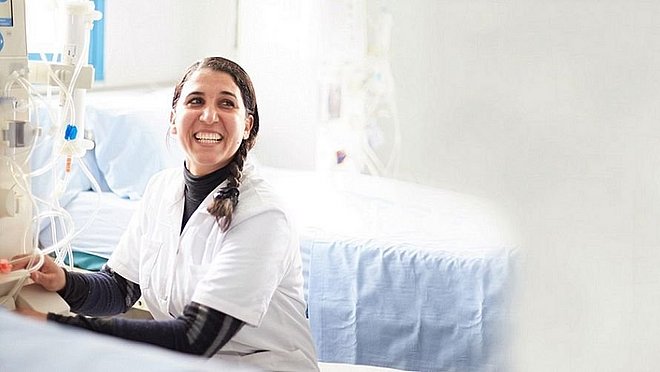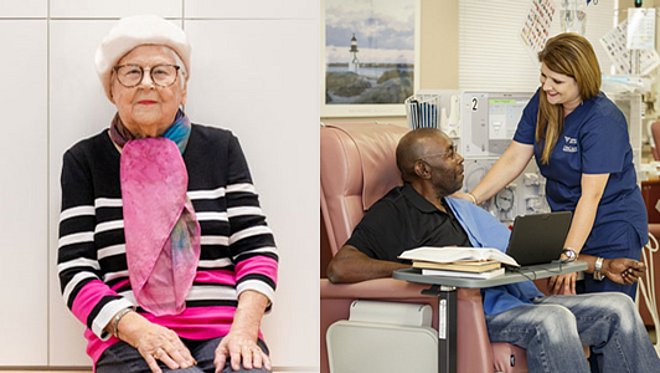"Impossible? – Is nothing!"
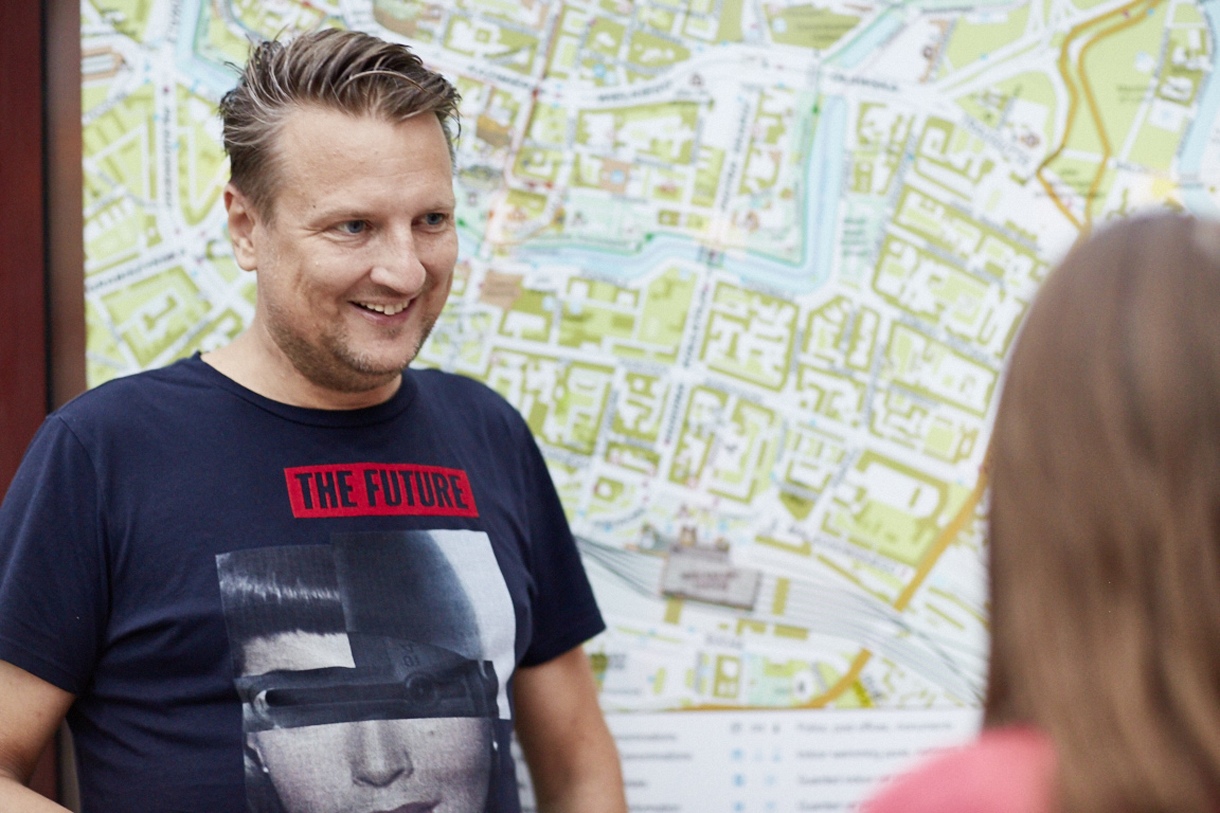
Integrating Peritoneal Dialysis (PD) therapy into an active and mobile life
Wroclaw, Poland – Tomasz is on his way to work in Warsaw. In the back of his car are fluid boxes he needs for his peritoneal dialysis (PD). It’s been his reality since 2014, when he was diagnosed with renal failure and started his PD treatment. Since then, he never travels without his fluids. This is one of the things the very active 40-year-old has done since being diagnosed with kidney failure – another, but far more important thing, has been to continue living a happy life with a wife, daughter and dog.
Tomasz still has some Residual Renal Function (RRF), but dialysis is crucial in order to remove toxins from his body. Every day, 3 to 4 fluid exchanges are necessary, taking 15 to 20 minutes each time. He takes advantage of home dialysis to find the most convenient time and place to conduct the daily exchanges. “It is the therapy that suits my schedule and not the other way around. And fortunately, I’ve always been an avid reader,” he says with a smile, as he uses the time needed to carry out an exchange to read a book.

Yes, you can! The freedom to stay mobile
Tomasz says that allowing the therapy to become a part of his active life has been worth the effort. "With PD you can stay flexible and, best of all, you are mobile. If you consider 3 or 4 exchanges, it takes up one hour, maximum, of your day. This is something you definitely can do! It gives you freedom, the possibility to travel and to continue with sports." That is why Tomasz is committed to staying on PD as long as possible.
Tomasz has been an avid traveller for both business and pleasure all his life. Travelling the world was one of Tomasz’ favourite hobbies, however, after he had received his diagnosis, he was worried that he would no longer be able to do this anymore. But he has learned that travelling by car is no problem – all he has to do is to remember to pack a few boxes of fluids. In general, travelling by plane is possible too, though it does require a little more preparation.
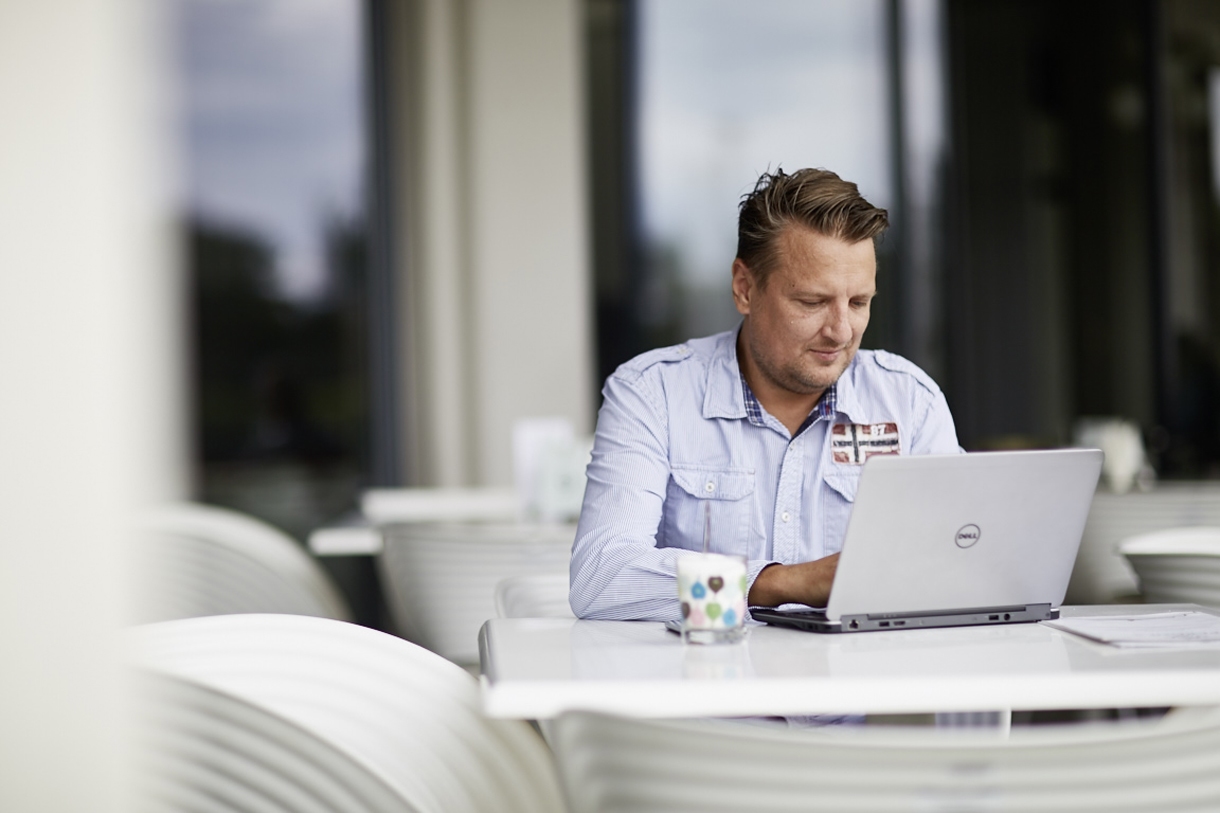
Coping with the diagnosis
For Tomasz, the kidney failure diagnosis came as a shock. As a very active person who does many different sports and takes care of his health, it was hard to accept that his state of health had deteriorated so severely that he would require dialysis. But there were a few things Tomasz knew for certain: He wanted to be able to work, he didn’t want to spend every second day in a clinic and he didn’t want to stop living a normal, active life.
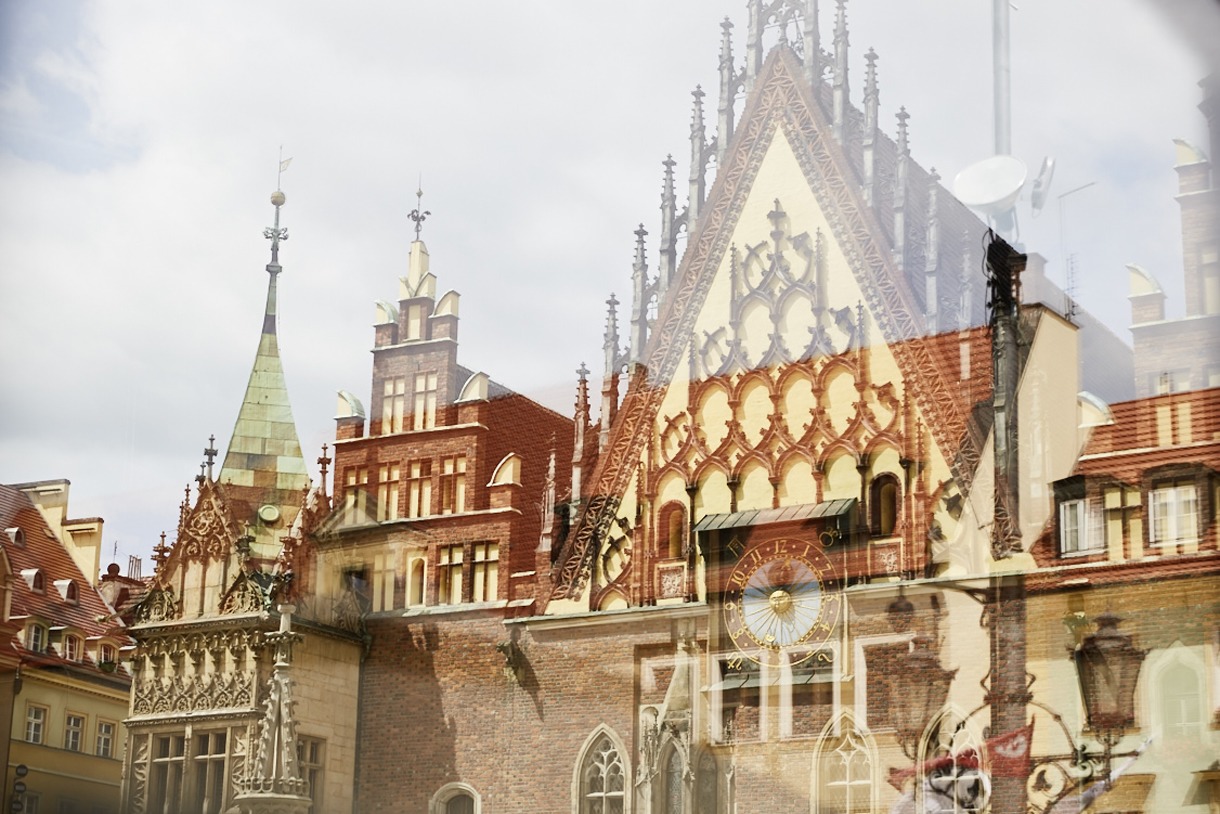
Continuing an active life
Looking back, Tomasz is very grateful to his doctor for recommending PD to him. When deciding on the best treatment approach for Tomasz, the doctors did not just look at the medical condition alone and how best to treat it, they also looked at his life as a whole, the fact that he was still a young person, very active at work as well as at home and that he did not have any other medical issues.
While classic haemodialysis (HD) treatment requires that the patient goes to a clinic or dialysis centre, PD can be carried out by the patient himself – at home or anywhere where the appropriate hygienic conditions exist. When he was diagnosed, Tomasz asked his doctor: "If it was you getting this diagnosis, what would you do?" And his doctor answered that he would go on PD. Tomasz listened to his doctor’s recommendation and started to research about peritoneal dialysis as this type of therapy was something completely new to him. Shortly after he completed a training course, which took him only a couple of days, he was able to start to performing the dialysis on his own at home.
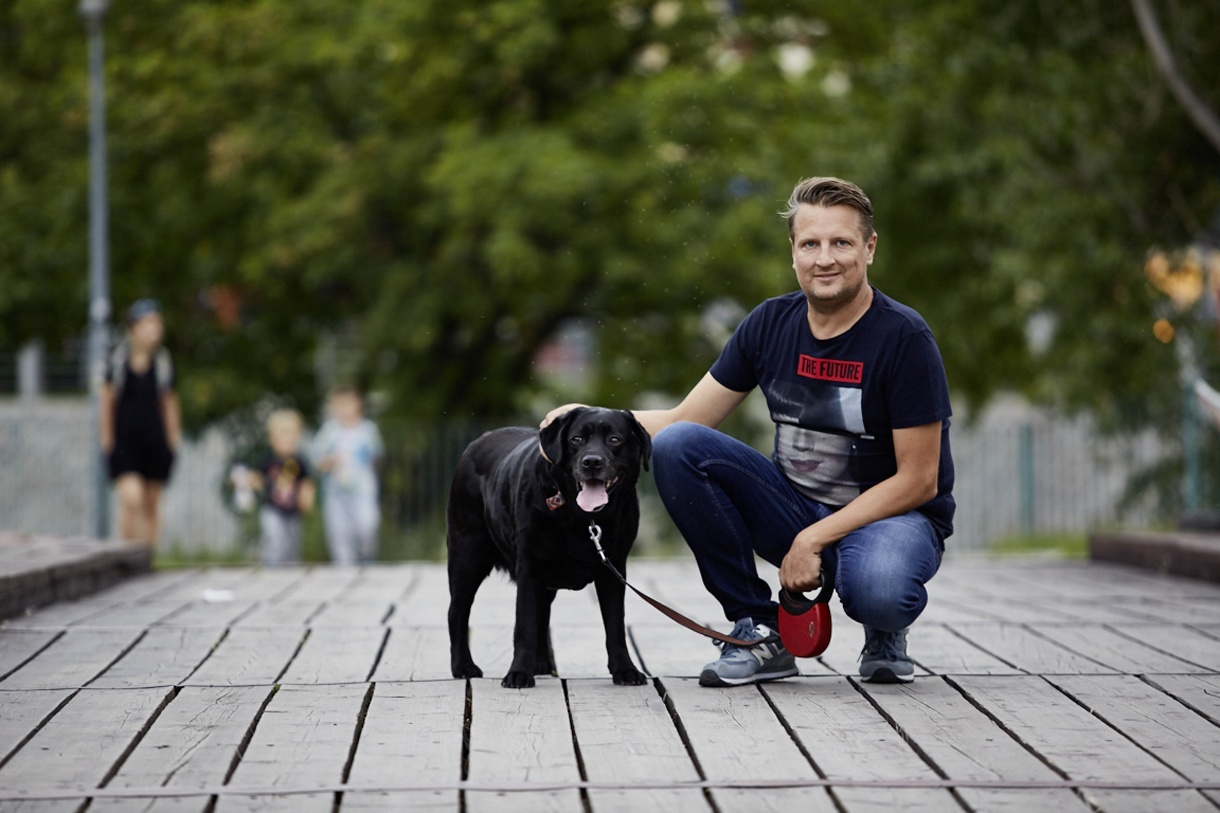
Enjoying those home treatment comforts
One thing PD patients need to consider is having enough storage space for the amount of fluids required. Tomasz counts himself lucky to have enough space where he can store the monthly delivery of fluids, one box stacked on top of the other. He also dedicated one room to his treatment, a place where he can withdraw to and perform his dialysis undisturbed. "I enjoy the comfort of my own home and I haven’t had any infections or problems so far", he says proudly.
With his positive attitude, he is confident he will be able to do this and many, many more things besides: "If you want to achieve something, you need to accept dialysis as a part of your life and integrate it. You can do it. Impossible? – Is nothing!"
